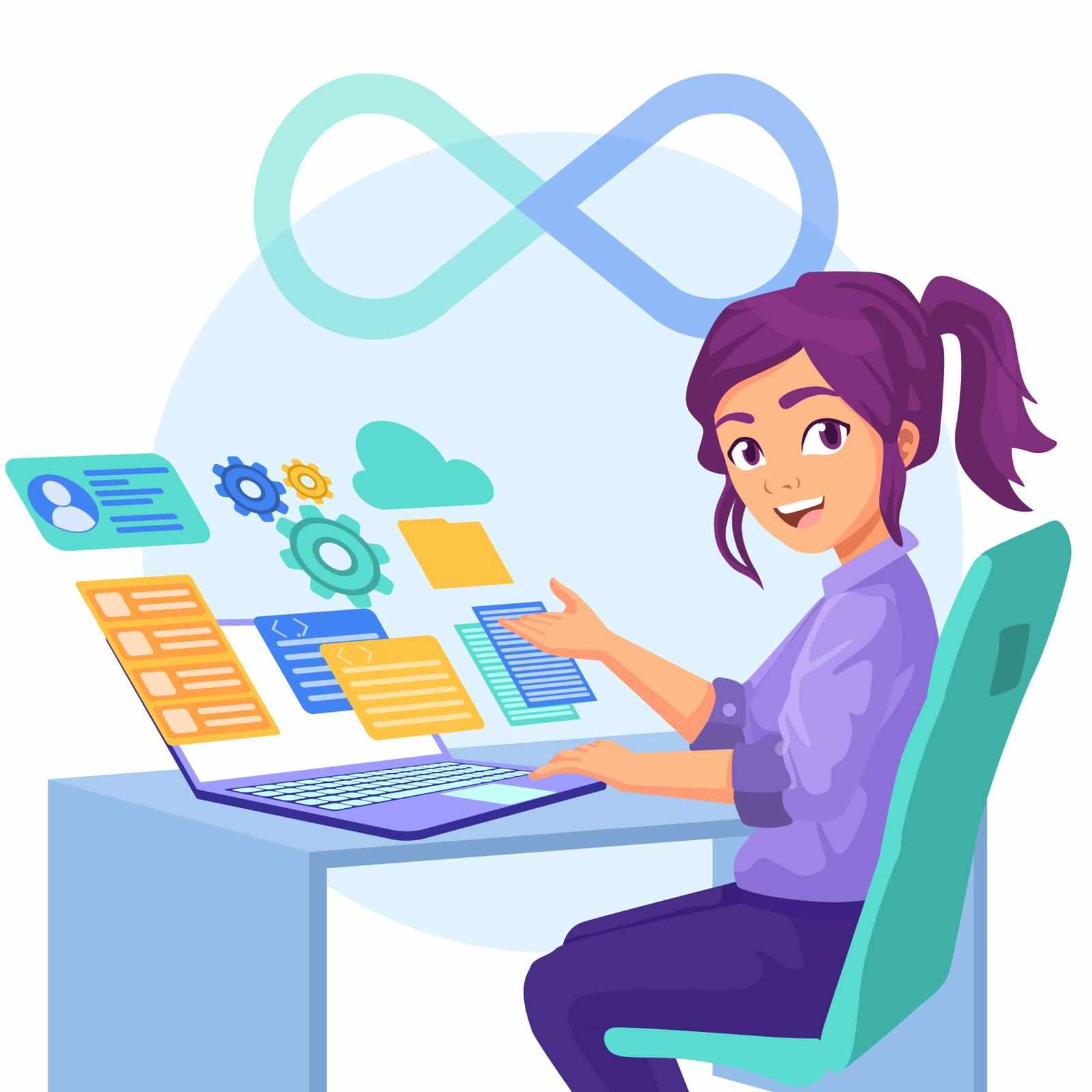
Modern businesses face a critical challenge: finding data scientists who can bridge the gap between technical analysis and customer understanding. Traditional hiring approaches often produce professionals who excel at algorithms but struggle to connect their work to real customer needs.
Companies that hire data scientists with both technical skills and customer empathy see 23% higher customer satisfaction scores and 18% better product adoption rates.
The most successful data science projects don't just process numbers—they solve human problems. When you hire data scientists who understand customer behavior alongside statistical methods, you're investing in professionals who can turn data insights into meaningful customer experiences.
This dual competency has become essential as businesses realize that technical accuracy without customer relevance leads to impressive models that nobody uses.
Recent industry surveys show that 67% of data science projects fail to reach production, primarily due to disconnect between technical solutions and business needs. Organizations that prioritize customer-focused thinking when they hire data scientists reduce project failure rates by nearly half.
The Cost of Technical-Only Hiring
Companies that focus exclusively on coding skills during recruitment often struggle with practical implementation. These technically proficient but customer-blind hires create sophisticated models that miss market realities, leading to wasted resources and missed opportunities.
Identifying Customer-Focused Technical Talent
The intersection of technical prowess and customer insight represents a rare combination in today's job market. When you hire data scientists with this dual capability, look for candidates who demonstrate curiosity about user behavior, not just algorithmic performance. These professionals naturally ask questions about customer pain points before diving into data manipulation techniques.
Successful customer-focused data scientists share common traits: they read user reviews, understand customer journey mapping, and can explain technical concepts in plain English. They view data as a tool for improving human experiences rather than an end goal. This mindset shift distinguishes exceptional hires from purely technical candidates.
Experience in customer-facing roles often indicates this balanced perspective. Candidates with backgrounds in consulting, product management, or user research bring valuable context when they transition into data science. Their previous exposure to customer challenges helps them frame analytical problems more effectively.
Behavioral Indicators During Screening
During initial conversations, pay attention to how candidates discuss their previous projects. Those with customer awareness will naturally mention user impact, business outcomes, and stakeholder feedback alongside technical achievements and model performance metrics.
Crafting Interview Questions That Reveal Customer Empathy
Traditional data science interviews focus heavily on coding challenges and statistical knowledge, missing crucial customer-oriented thinking skills. When you hire data scientists who truly understand both domains, your interview process must evaluate customer perspective alongside technical ability. Design questions that require candidates to balance analytical rigor with user-centered thinking.
Ask candidates to walk through how they would approach a business problem from discovery to implementation. Listen for mentions of user research, stakeholder interviews, and customer feedback integration. The best candidates will discuss validation methods that involve real users, not just mathematical accuracy measures.
Present scenarios where technical solutions might conflict with user needs. Strong candidates will demonstrate ability to find compromises that maintain analytical integrity while prioritizing customer experience. They should show comfort with iterative approaches that incorporate user feedback into model refinement.
Practical Assessment Strategies
Create take-home assignments that require both technical execution and customer impact explanation. Ask candidates to present their findings to a mock business audience, evaluating their ability to translate complex analyses into actionable customer insights.
Technical Skills That Support Customer Understanding
The most effective customer-focused data scientists possess specific technical capabilities that enable deeper user insight. A/B testing expertise allows them to validate hypotheses with real customer behavior rather than relying solely on historical data patterns. When you hire data scientists with experimentation skills, you gain professionals who can prove their recommendations work in practice.
Natural language processing abilities help these professionals analyze customer feedback, support tickets, and social media sentiment. They can quantify qualitative customer experiences, turning subjective feedback into measurable insights. This capability bridges the gap between customer voice and data-driven decision making.
Visualization skills become crucial for customer-focused work. These data scientists must communicate findings to diverse audiences, from technical teams to customer service representatives. Clear, compelling data presentation helps entire organizations understand customer needs better.
Data Collection and Ethics Considerations
Customer-focused data scientists understand privacy implications and ethical data use. They design collection methods that respect user consent while gathering meaningful insights, balancing analytical needs with customer trust and regulatory compliance requirements.
Building Assessment Frameworks for Dual Skills
Effective evaluation requires structured approaches that test both technical competence and customer orientation. Create scoring rubrics that weight customer thinking equally with coding ability. When you hire data scientists using balanced assessment criteria, you avoid the common trap of over-indexing on technical skills alone.
Develop case studies based on real customer challenges your company faces. Provide candidates with anonymized customer data and ask them to identify insights that would improve user experience. Evaluate their approach to problem definition, data exploration, and recommendation formulation.
Include customer service or product team members in the interview process. They can assess whether candidates truly understand customer perspectives and can communicate effectively with non-technical stakeholders. Their input often reveals nuances that technical interviewers might miss.
Portfolio Review Best Practices
When reviewing candidate portfolios, look for projects that demonstrate customer impact measurement. Strong candidates will show before-and-after metrics, user feedback incorporation, and business outcome tracking alongside technical implementation details and model performance statistics.
Red Flags That Indicate Limited Customer Focus
Certain warning signs suggest candidates may struggle with customer-centered thinking despite strong technical skills. Candidates who can't explain their work without jargon may lack the communication skills necessary for customer-focused roles. When you hire data scientists, ensure they can make complex concepts accessible to diverse audiences.
Be cautious of candidates who dismiss qualitative research or user feedback as unscientific. While data-driven approaches are important, rigid adherence to quantitative methods alone often misses crucial customer insights that drive business success.
Watch for candidates who show little curiosity about business context or user problems. Those who focus exclusively on algorithmic elegance without considering practical implementation challenges may struggle in customer-focused environments.
Cultural Fit Considerations
Assess whether candidates demonstrate collaborative mindsets. Customer-focused data science requires partnership with multiple teams, from UX designers to customer success managers. Individualistic tendencies often conflict with the cross-functional collaboration necessary for customer-centered work.
Onboarding Strategies for Customer-Centric Success
Once you hire data scientists with customer potential, structured onboarding can strengthen their user-focused capabilities. Arrange meetings with customer-facing teams during the first month. Exposure to support tickets, sales calls, and user research sessions helps new hires understand customer realities beyond data abstractions.
Pair new data scientists with experienced customer success or product managers for shadow sessions. This exposure helps them see how their analytical work translates into customer experiences. Many technical professionals gain valuable perspective from observing actual user interactions.
Establish clear success metrics that include customer impact alongside technical achievements. When performance reviews emphasize user satisfaction improvements and business outcomes, data scientists naturally develop more customer-focused approaches to their work.
Mentorship Program Development
Create mentorship relationships between new data science hires and customer-focused leaders from other departments. These cross-functional partnerships help technical professionals develop business acumen and customer empathy more quickly than traditional technical-only mentoring approaches.
Measuring Success in Customer-Focused Data Science
Traditional data science metrics like model accuracy and processing speed don't capture customer value effectively. When you hire data scientists for customer-focused roles, establish success measures that reflect user impact. Track metrics like feature adoption rates, customer satisfaction scores, and business outcome improvements alongside technical performance indicators.
Monitor how data science recommendations influence customer behavior and business results. The most valuable insights drive measurable improvements in user experience, retention, or satisfaction. These outcome-based metrics help validate that technical work translates into customer value.
Regular feedback collection from internal stakeholders provides insight into how well data scientists communicate and collaborate. Customer service teams, product managers, and sales representatives can assess whether analytical insights help them serve customers better.
Long-term Career Development
Invest in ongoing customer education for your data science team. Conference attendance, customer advisory board participation, and user research training help technical professionals maintain customer awareness as they advance in their careers and take on more complex projects.
Industry Examples of Successful Customer-Focused Hiring
Leading technology companies have developed sophisticated approaches to hire data scientists who balance technical and customer skills. Netflix famously evaluates candidates' ability to improve user experience through personalization algorithms, not just technical implementation quality.
Airbnb emphasizes candidates' understanding of trust and safety from both host and guest perspectives. Their data scientists must consider how analytical decisions affect real people's travel experiences and safety perceptions.
Amazon's hiring process includes customer obsession as a core principle for all roles, including data science positions. Candidates must demonstrate how their technical work would improve customer experiences across various touchpoints and interaction scenarios.
Startup vs. Enterprise Approaches
Smaller companies often hire data scientists who wear multiple hats, naturally developing customer awareness through direct user interaction. Enterprise organizations may need more structured approaches to ensure technical specialists maintain customer focus despite organizational distance from end users.
Future Trends in Customer-Focused Data Science Hiring
The demand for customer-centric data scientists will continue growing as businesses recognize the limitations of purely technical approaches. Organizations that hire data scientists with this balanced skill set gain competitive advantages in user experience and product development.
Emerging roles like "Customer Data Scientist" and "User Experience Analyst" reflect this trend toward specialization. These positions explicitly combine technical capabilities with customer research responsibilities, creating clear career paths for professionals interested in both domains.
Educational programs increasingly emphasize business context and user research alongside technical training. Future graduates will likely arrive with better customer awareness, making it easier for companies to hire data scientists who understand both code and customer needs from the start.





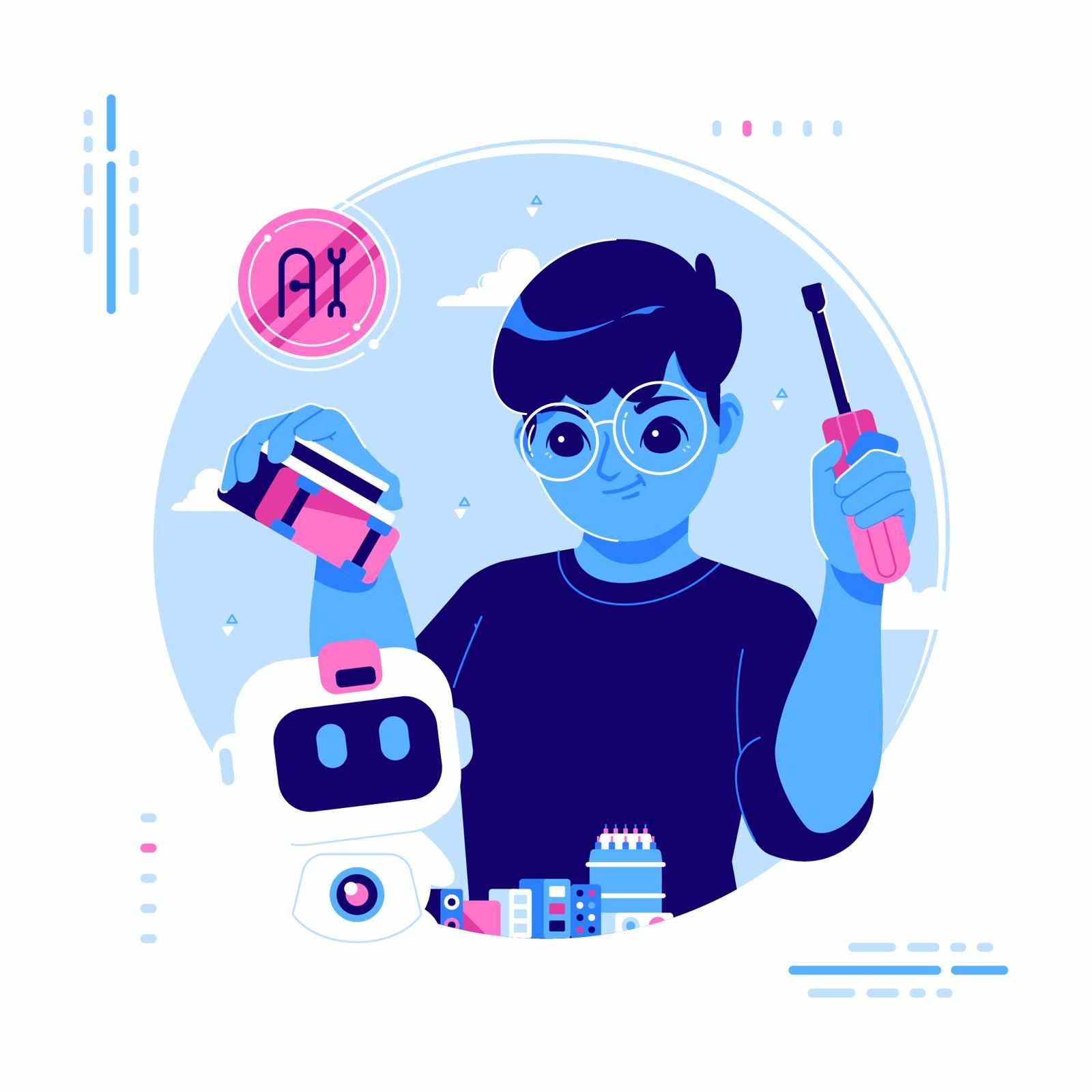
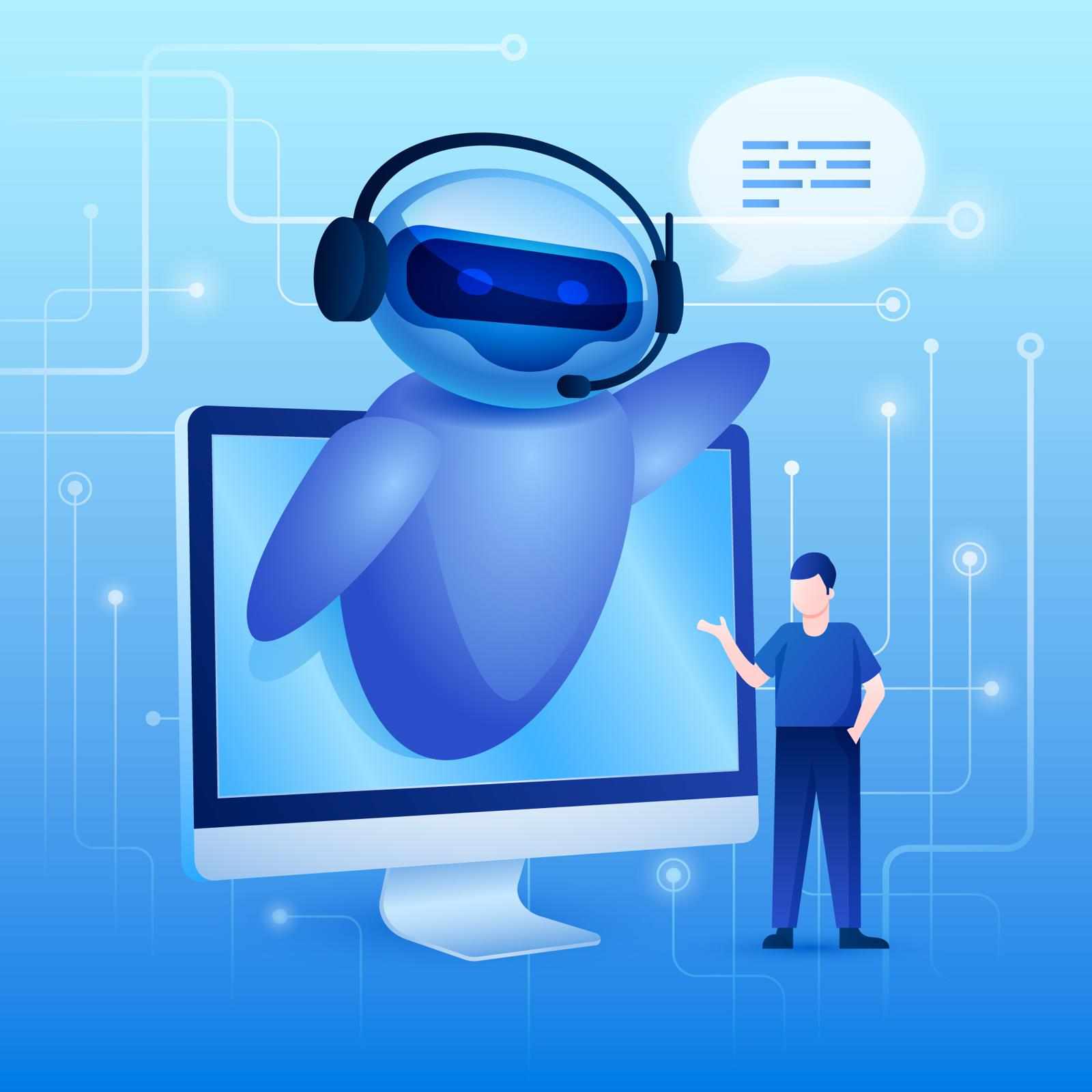


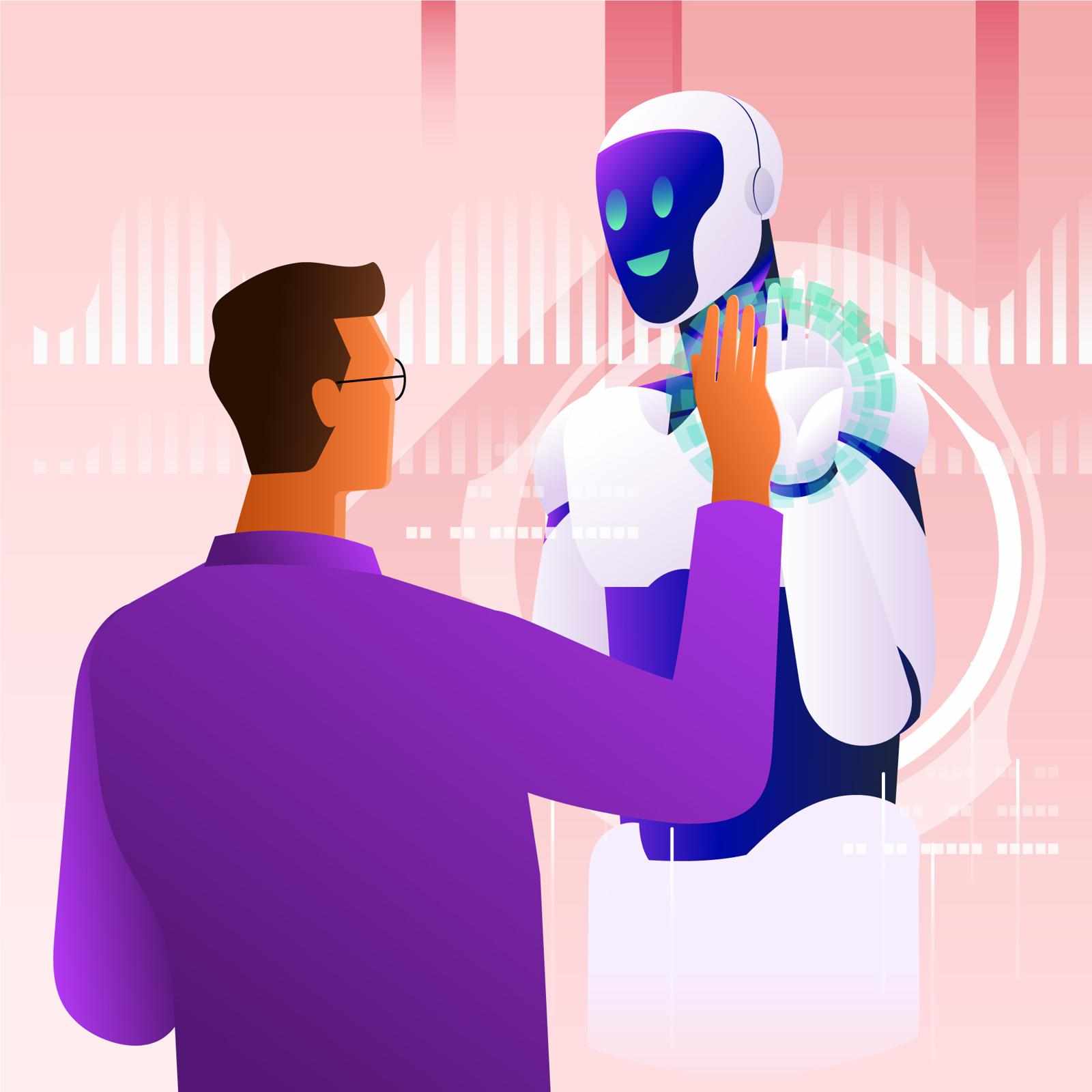



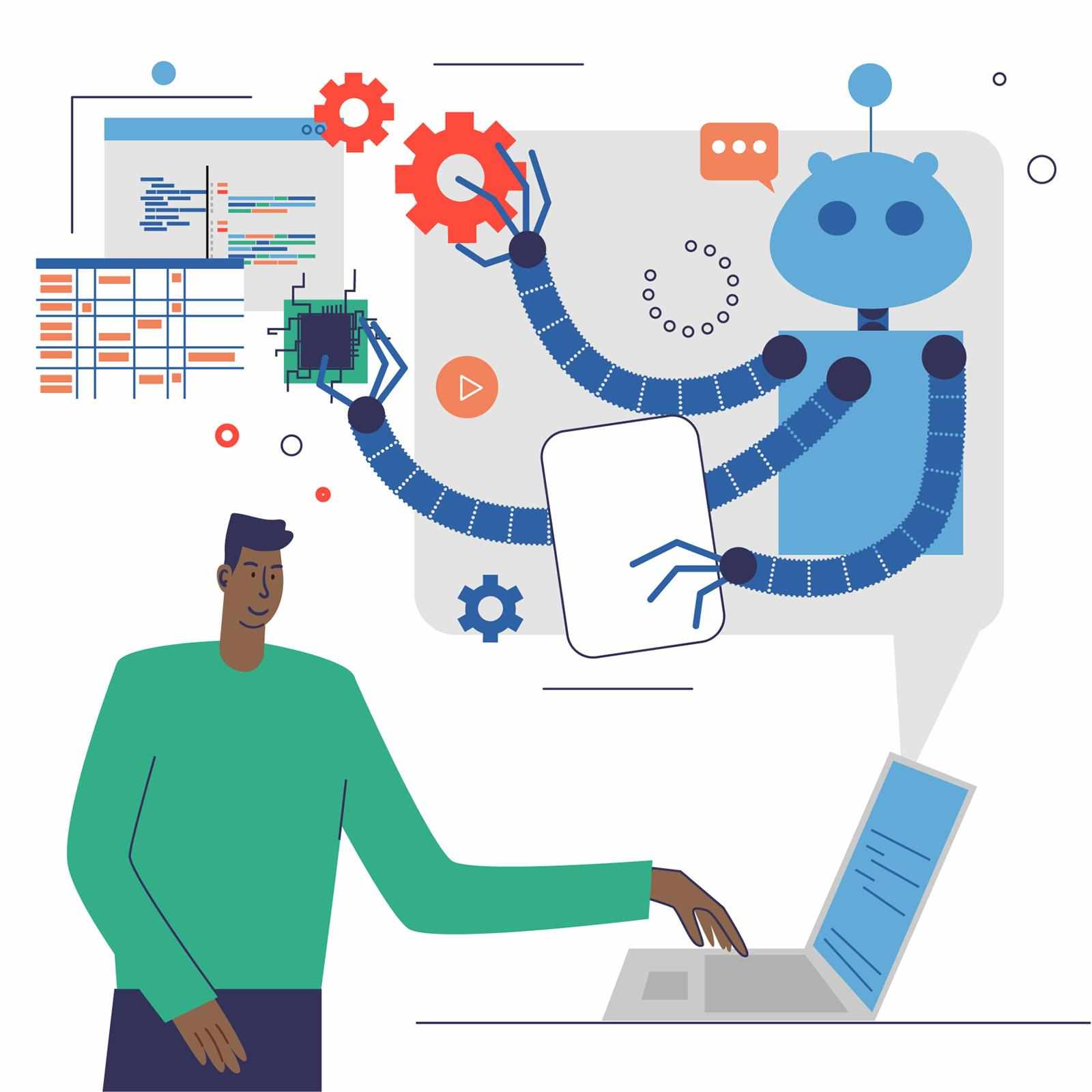
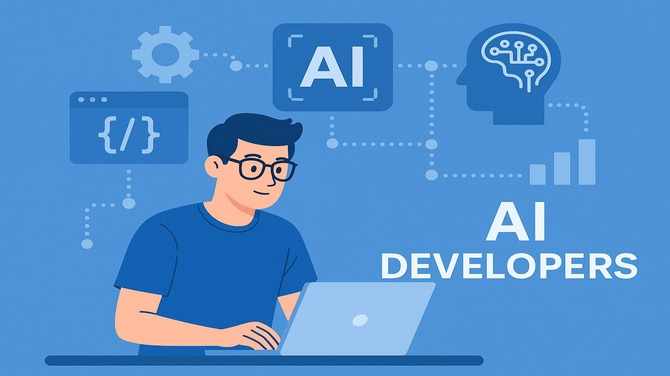
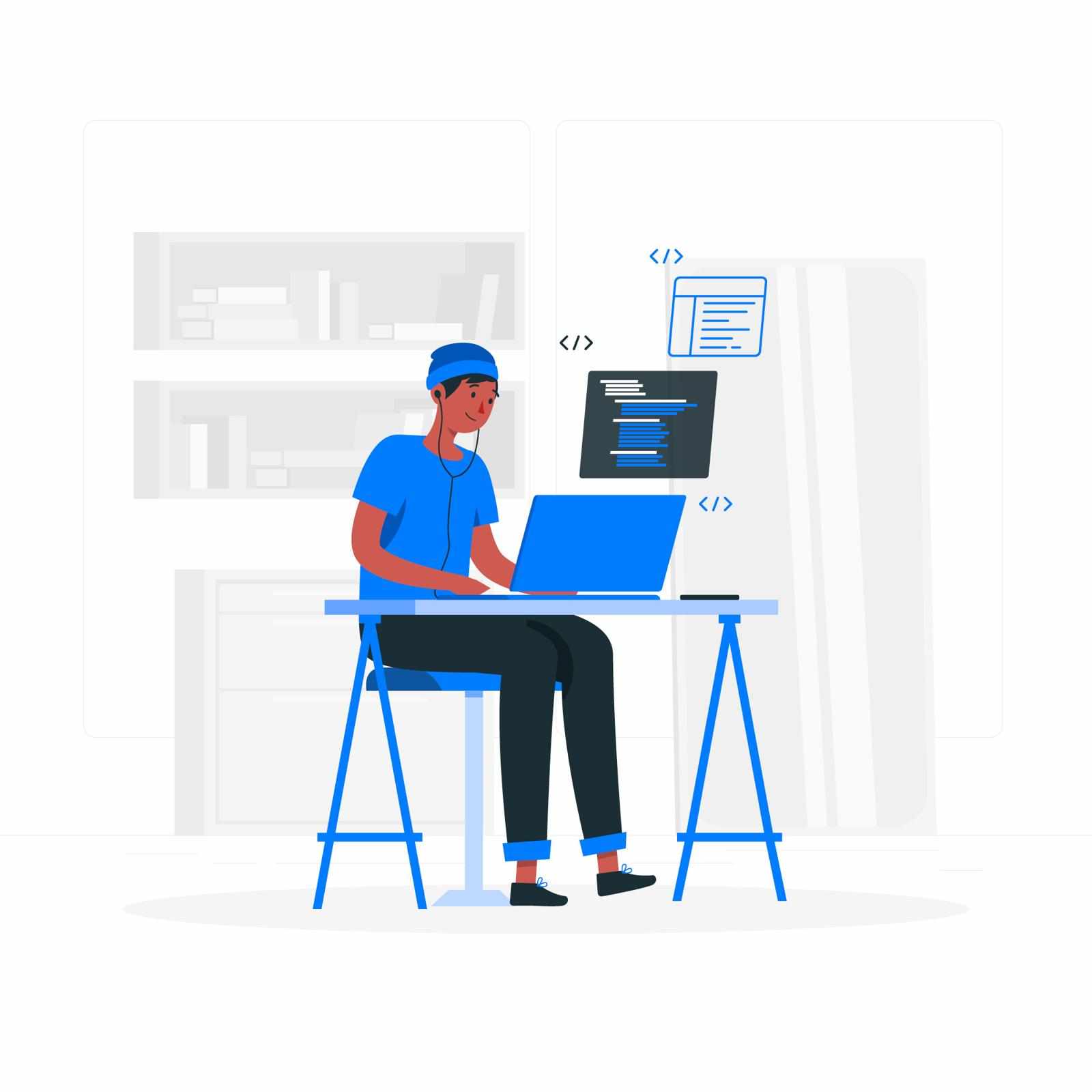
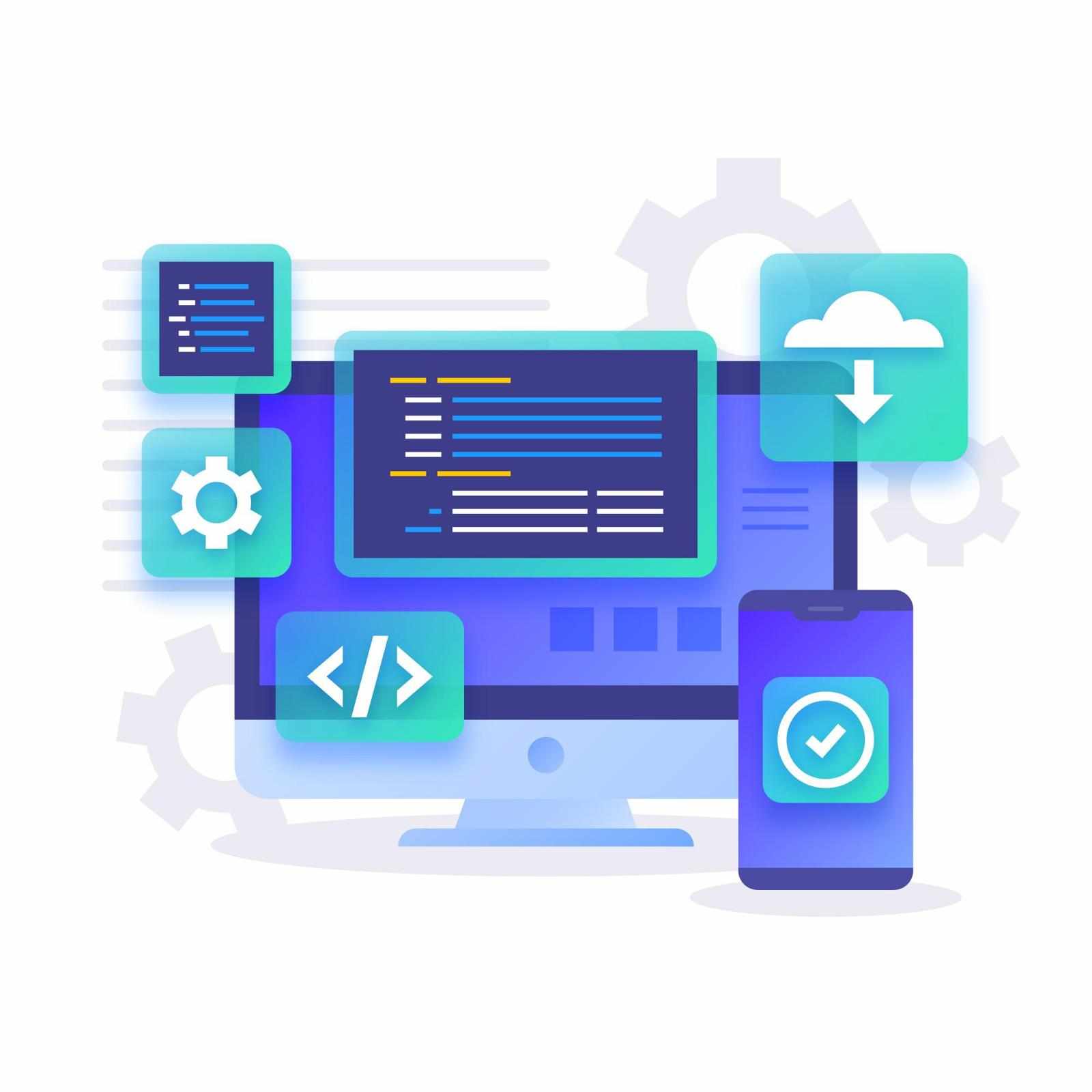
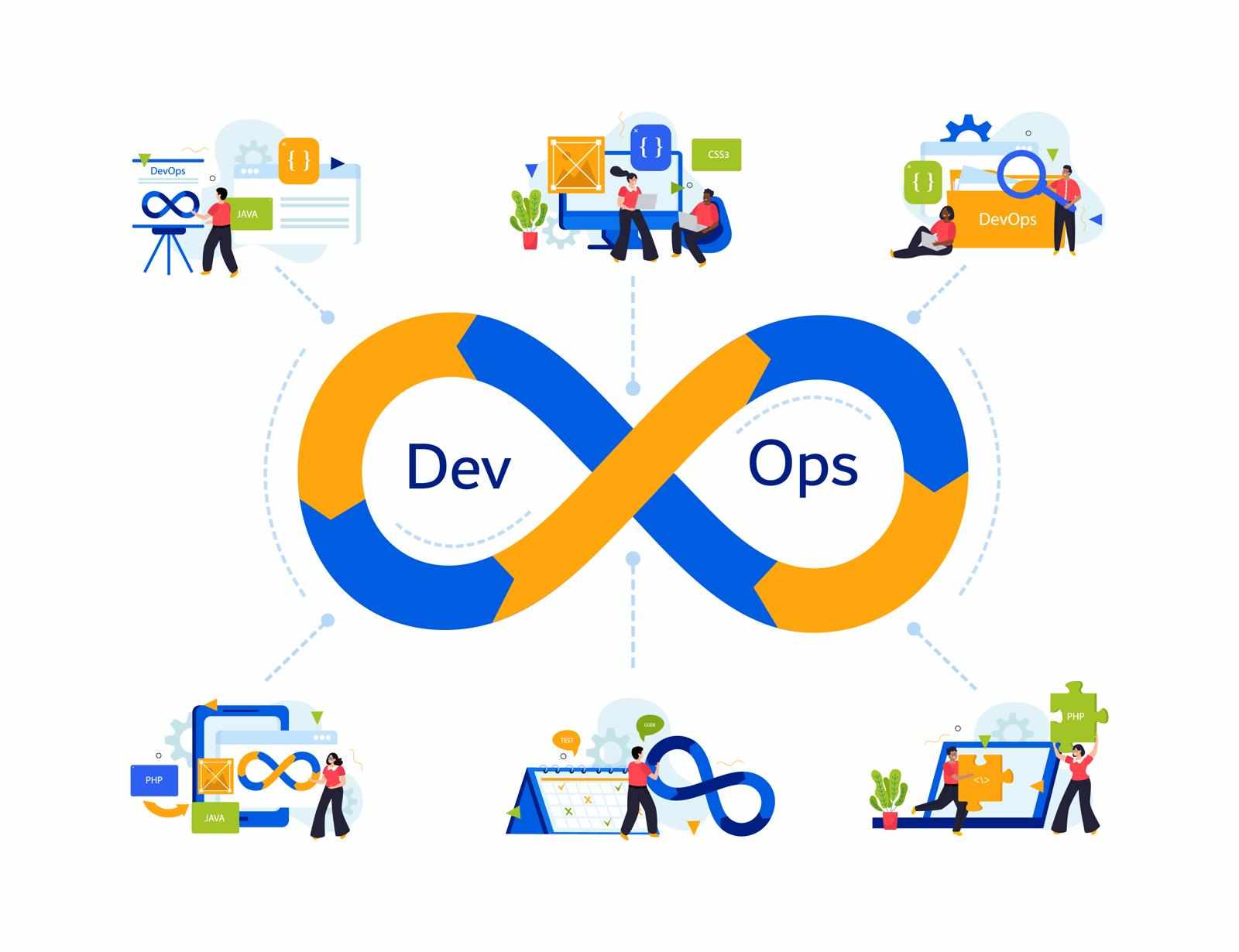



Write a comment ...